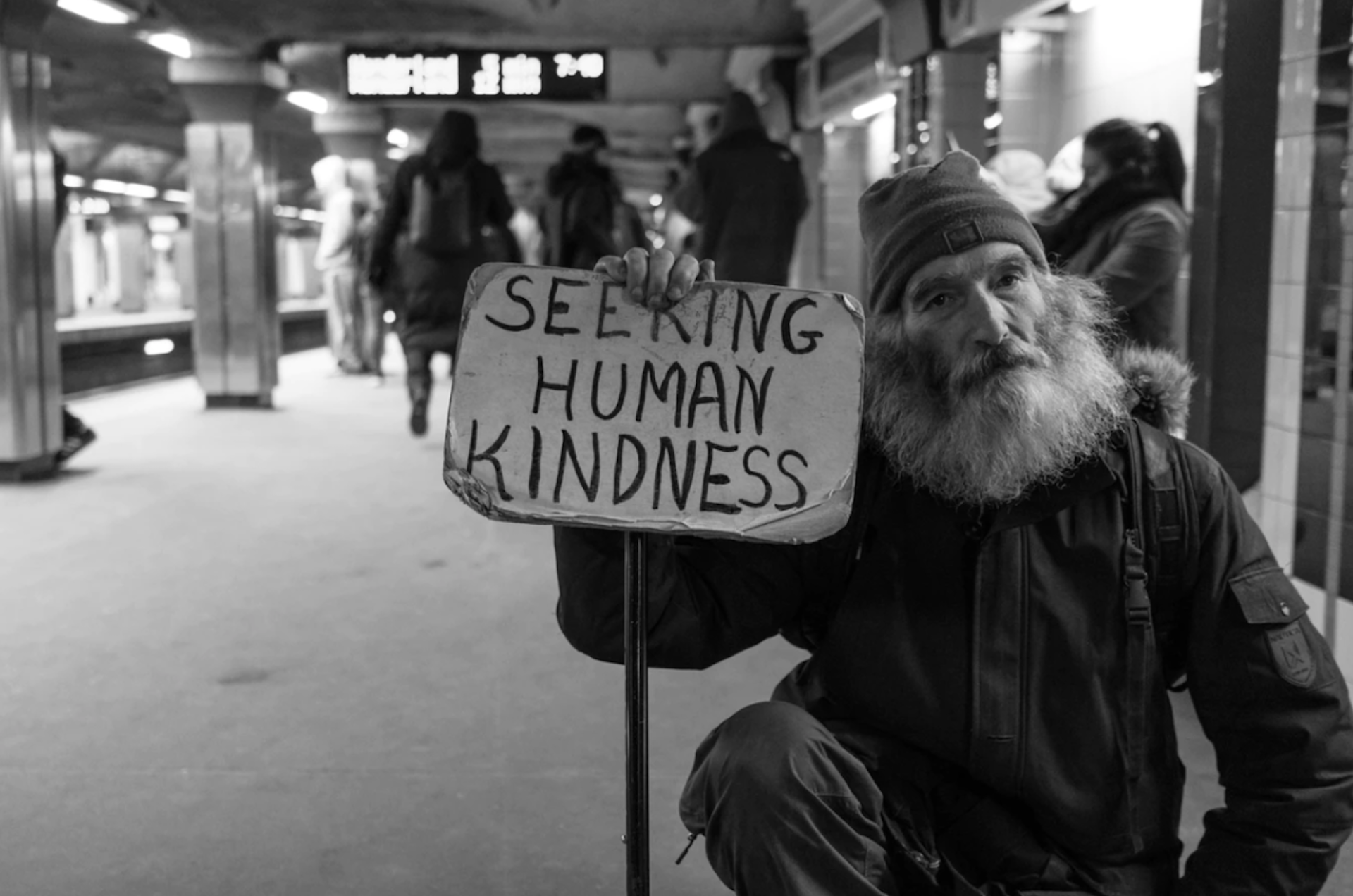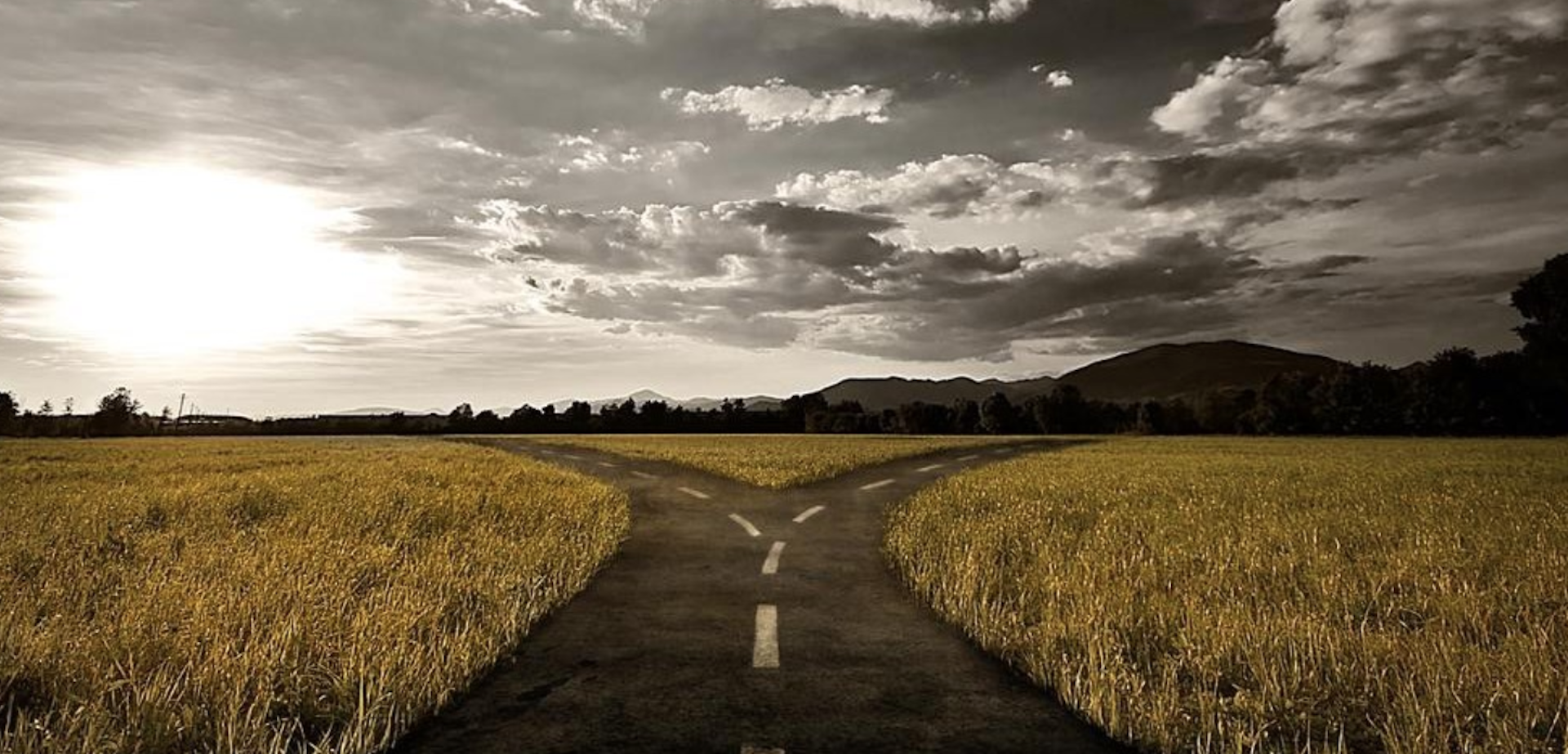The very notion of deep ecology will likely rattle the modern soul. It holds that, no, perhaps we humans are not the center of the universe. Perhaps Homo Sapiens are only part of the natural world in which there is a subtle balance of complex inter-relationships in which the existence of organisms is dependent on the existence of others within the ecosystem. Perhaps the environment is a matter that goes beyond a mere focus on man's immediate needs i.e. ecosystem to each human: get over thyself. The philosophy of deep ecology has fostered a new system of environmental ethics. Regard it as a new "imagined reality" in the context of our discussion surrounding Sapiens (MM 9/23/19).
Read MoreYuval Noah Harari certainly doesn't lack for ambition in his book Sapiens -- his work is nothing less than an epic history of human evolution. Our focus article is equally ambitious in that it condenses the essence of this otherwise ten-hour read into a compact one-hour summary (click: Sapiens) Here, in one sitting, you'll be exposed the full panoply of homo sapien development: the brain; cognitive revolution; agricultural revolution; imagined reality; unification of humankind; advent of money; the imperial cycle; religion; scientific revolution; capitalism; industrial revolution; collapse of family. The overview is tight, comprehensive, and eminently readable in the same way a previous discussion article zoomed out and provided the connective tissue in our discussion of the life cycle of empires (MM 7/30/18).
Read More" . . . people hearing without listening . . . " (S&G, Sounds of Silence)
Participate in or eavesdrop on a conversation. Certain ones might be characterized as auto-talk i.e. ones marked by a kind of a numbed-out recital of prepackaged words, phrases, views, and quips delivered out of habit or the avoidance of uncomfortable silence. Listen in and you may detect the tell-tale signs i.e. interruption, over-talk, or instances of conversation otherwise subtly hijacked and changed to suit the other.
Read More”I'm not upset that you lied to me, I'm upset that from now on I can't believe you” (Nietzsche)
And so it goes whether applied to a government, an institution, a stranger, an acquaintance, a friend, or even (maybe especially) to one's life partner. Trust, once gone, is difficult to regain.
Read MoreSome years ago came across a crude sign tacked to a fence near a weedy overpass entrance which read, "If You Were Homeless You'd Be Home Now." Let that sink in.
We once tackled the issue of housing (Close To Home MM 10/9/17). That discussion was a top-down look at the push-pull dynamics underlying housing in the Bay area and like communities -- affordability, building regulations, gentrification, sustainability and, for that matter, growth itself. That subject was somewhat policy wonkish and theoretical.
Read MoreTake these (paraphrased) words of a veteran raising the ultimate existential question:
"I do not know if I want to live any more . . . . I served in Afghanistan and am now working as a salesman . . . I despise this world I am in now -- everything is so selfish and so self-centered . . . . in Afghanistan every single decision I made had a purpose; every single thing I did was for something bigger than myself . . . every deed helped accomplish our mission . . . . here in America no one does anything except for themselves . . . . we work to earn a buck--what is the point to living like this? . . . . there is not a day that goes by that I don't wish I was back in that hellhole . . . . there what I did mattered . . . . here it is all meaningless"
Read MoreWabi-sabi is most evident in simple aesthetics. Notice the warmth of the Highland facility. Maybe begin with the small nicks and tiny cracks in the long, antique oak table in the library. Now go to the framed portraits of the hundred "Icons of Boulder" mounted throughout the building. These are not your typical soft-focus glamour shots. The photographs feature every wrinkle and every blemish on every face. The beauty of the faces in the images is in the utter lack of pretension i.e. each facial line tells the story of a life well lived. And so it is with every item you see. Each has its own story and each is part of the rich narrative we call Highland.
As a personal communicator you are always on stage. So is everyone else. One major finding led to the so-called 7-38-55 rule reflecting the relative percentage impact that words/tone of voice/body language convey when speaking. That's right, more than half of your message is communicated through the language of your body alone.
The lesson: effective communication (rightly or wrongly) is as much about your very persona and delivery as it is about the substance of your message. Or, stated differently, you are the message. Joining us as "lead participant" is our own Maria Brinck, founder and president of Zynergy Coaching, offering leadership and executive coaching to Fortune 500 executives, entrepreneurs, sales directors, and leadership teams. The purpose of the session is not to make you more self-conscious but rather to simply raise awareness of nonverbal power.
Read MoreAt our Member Monday discussion on Feb. 25, we asked whether artificial intelligence (AI) is, or can be, real intelligence, in the manner of human beings, or is just a mechanical replication of that intelligence. We found that there is no simple answer to that question, with passionate opinions on both sides.
Read MoreLinear thinking, for purposes of this session, shall be deemed to mean structured, rational, and evidence-based. Non-linear is, well, Catch-22. Here is an overview (a shorter version of the intro prepared some years ago for our old Highland book club) as a way to frame the discussion:
Read MoreChalk it up to the human condition. We all love a good story. A problem can arise, however, when a story (intentionally or not) distorts reality. Unless we recognize the Narrative Fallacy for what it is, a simplified and often incorrect view of the real world, we carry a false confidence about our knowledge of the past, our reckoning with basic logic, and its usefulness in predicting the future.
An example borrowed from a previous Science Friday session (in turn, from the work of Kahneman) is illustrative
View this session on perennial philosophy as an open-ended invitation to share your own Truth. There are no wrong answers. Truth may emanate from a religious tradition but need not. The philosophical term perennial wisdom was coined some five hundred years ago to suggest all religions, underneath their seeming differences, point to the same essence (for an overview click here). Universalism opened the path outside the orthodox religions to inspire a wide assortment of metaphysical traditions from 19th century Transcendentalism to Aldous Huxley's 1945 work The Perennial Philosophy.
Read MoreUncanny timing, to be sure. The club's June 7 Weekly Newsletter announced the roll out of a brand new mobile-based operating system including an app to "allow you to manage many aspects of your club experience such as electronic entry door access . . . ." That very same week Google saw errors or slow performance due to "high levels of network congestion" which, among other consequences, resulted in owners of some so-called smart houses unable to enter their homes. They had to break in by other means. It was Space Odyssey's HAL 9000 acting up on earth: "I'm sorry Dave, I'm afraid I can't do that."
Read MoreIt was meant to be just an experiment of sorts. The idea was to set the stage for our discussion on the subject of solitude (MM 4/1/19) by observing total silence during the twenty minute lunch preceding the session. Some participants found the experience uncomfortable, even markedly so. Separate research bears this out i.e. the difficulty many have spending time in their heads. One study found that some people would rather be electrically shocked than be left alone with their thoughts.
Read MoreBehold the ancient Chinese parable of the farmer and his horse to illustrate the quality of equanimity and non-attachment in the face of life's immense complexity (link here: Zen Story). The truth is that fortune and misfortune mean little in the context of the present moment. No event can truly be judged as good or bad, lucky or unlucky, except in the fullness of one's lifetime, if even then. Apply this notion, perhaps, to so many success/failure false life dichotomies e.g. marriage/divorce, lottery win/financial setback, job won/lost, romantic encounter yes/no, even perhaps an illness or an accident.
Read MoreThere is a story, perhaps apocryphal, of a woman one day spotting Picasso in the market and, pulling out a piece of paper, asking him to "do a little drawing" to which he happily complies. Then, handing the paper back to her, he says that that would be a million dollars. "But, Mr. Picasso, that only took you thirty seconds to do this little masterpiece," she responds, to which he relies, "My good woman it took me thirty years to do that masterpiece in thirty seconds."
Here, now, is the perspective of Dominique Gettliffe, founder of Boulder-based Gettliffe Architecture and "lead participant" for our next session, as he addresses what Picasso might have meant about those thirty years i.e. beauty is always the byproduct of hard work.
Read MoreMember Monday is now closing in on a three-year run with over one hundred and twenty weekly sessions to date. With the club closed on 5/27 for Memorial Day, the traditional discussion introduction is replaced by this guide to the paths previously taken.
Read MoreThe decision to parent back in the Eisenhower days was largely the default condition, reflecting the country's post-WWII swagger and industrial strength balance sheet. The world was made safe for . . . . breeding. Thus arose the demographic bulge -- the Boomer Generation -- which moved through time, in that visually compelling phrase, like a "pig in a python." Those excessively domestic fifties gave rise to what some labeled the "cult of the child," denounced by one literary critic at the time as "this most maudlin of primitivisms."
Read MoreAre you reading this sentence as an exercise of free will? No, you are not. You are exercising your freedom of choice, certainly, but said choice was established before you even made it. Free will is an illusion. So say followers of determinism i.e belief that all behaviour has a causal connection and is thereby predetermined.
Read MoreAuthor Anne Spencer Morrow (wife of Charles Lindbergh) put her finger on a fundamental truth when she observed, "Writing is more than living, as it is being conscious of living." Even (maybe especially) the young diarist knows how the blank page can be a wonderful way to "work things out." No audience is necessary, or even desired. The privacy, the very anonymity of it all, invites thought on fire. Some continue the therapeutic practice throughout their adult years.
Compare such private stream-of-consciousness writing to the demands of compelling fiction as reflected in, say, novelist Ernest Hemingway's articulated machismo, "There is nothing to writing. All you do is sit down at a typewriter and bleed." Of course he bled. Not for nothing was he the esteemed Hemingway.




















